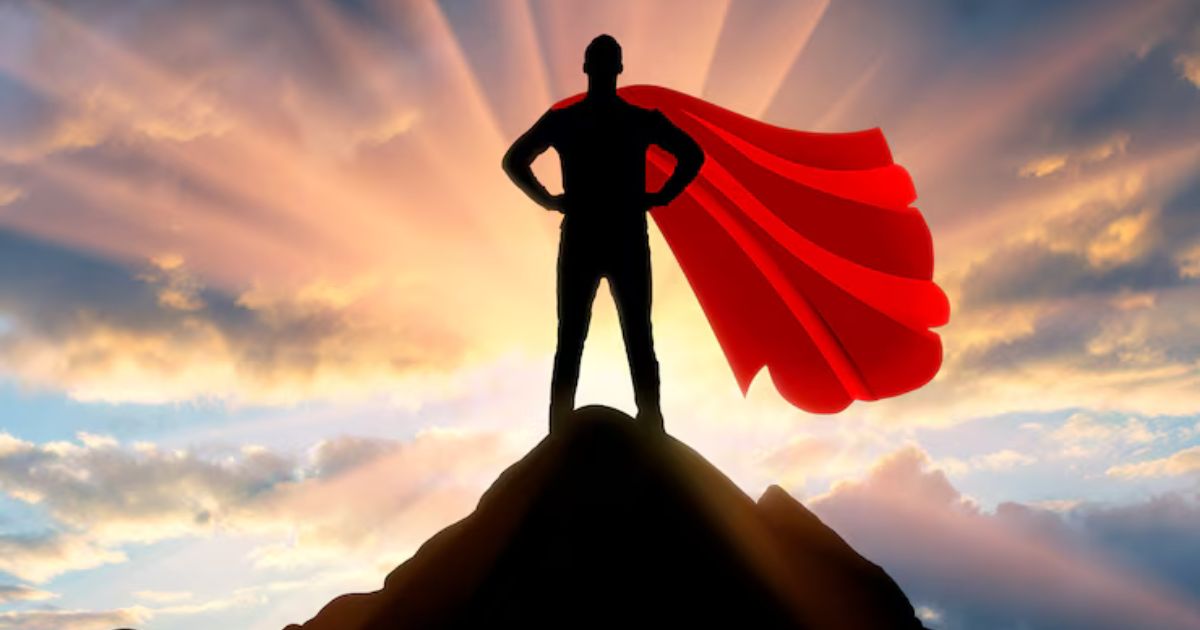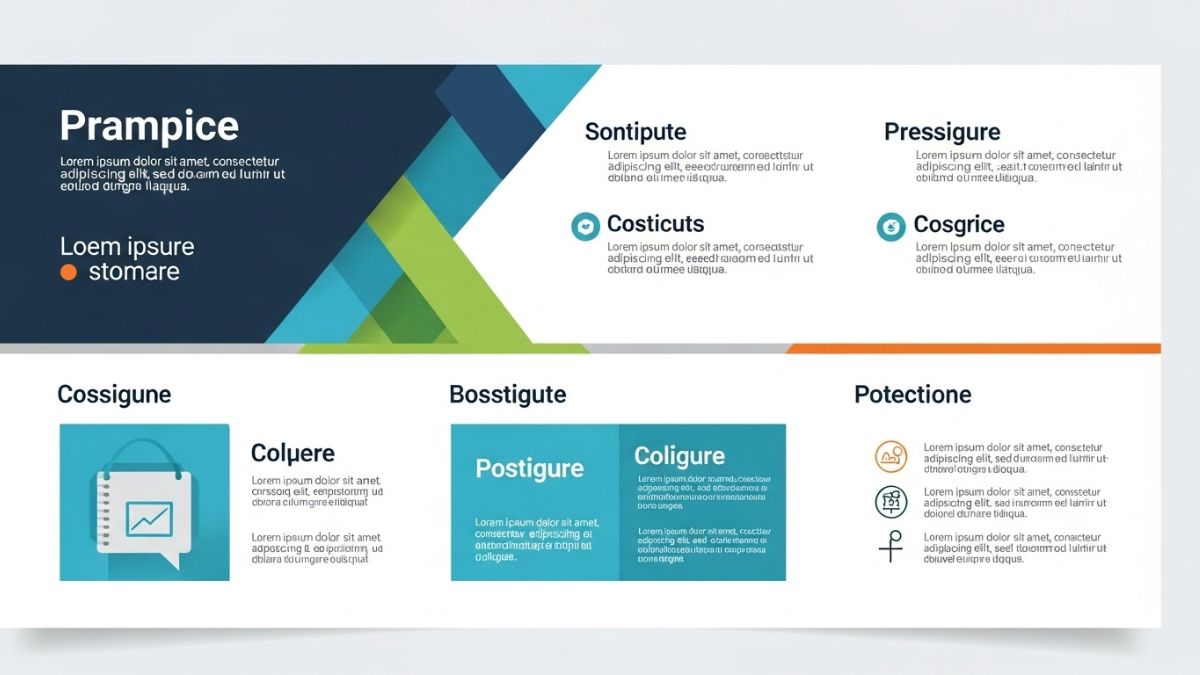Eroe is a term that carries various meanings depending on the context in which it is used. Whether referring to a heroic figure, a brand, or a cultural symbol, the word has intriguing connotations. This article delves into the significance of Eroe, its historical and modern relevance, and how it impacts various aspects of society.
The Meaning of Eroe
Eroe is derived from the Italian word for “hero,” signifying someone who displays exceptional courage, strength, and virtue. It is often used to describe individuals who go beyond ordinary actions to achieve extraordinary feats.
Eroe in Historical Context
Throughout history, the concept of an eroe has played a crucial role in shaping societies. Ancient civilizations celebrated heroes as figures of great valor. In Greek mythology, characters like Hercules and Achilles embodied the ideals of an eroe, showcasing bravery, resilience, and sacrifice. Similarly, in Roman history, military leaders and statesmen were often hailed as eroic figures who shaped the empire’s destiny.
Eroe in Modern Society
In today’s world, the definition of an eroe has expanded beyond warriors and kings. Modern eroic figures include social activists, scientists, and even ordinary people who perform acts of kindness. The digital age has also given rise to new types of eroic individuals, such as tech innovators and humanitarian leaders who bring about positive change.
The Role of Eroe in Popular Culture
Films, books, and media continuously portray eroic characters who inspire audiences worldwide. From superheroes in comic books to real-life stories of courage, the idea of an eroe remains central to storytelling. Blockbuster movies often depict protagonists as eroic figures overcoming immense challenges, reinforcing the timeless appeal of heroism.
Eroe in Business and Branding
Some companies and brands adopt the name “Eroe” to symbolize excellence and leadership in their respective industries. Businesses that incorporate this term in their branding often aim to project an image of innovation, reliability, and inspiration. The association with heroism makes such brands appealing to consumers who seek quality and trust.
Eroe as a Personal Philosophy
Many people strive to embody eroic qualities in their daily lives. Whether it’s through acts of bravery, perseverance, or helping others, the idea of being an eroe can serve as a motivational force. Living with an eroic mindset means making decisions based on integrity, courage, and the willingness to create a positive impact.
The Psychological Impact of Eroe
Psychologically, the concept of an eroe influences human behavior and aspirations. People look up to eroic figures as role models, seeking guidance and inspiration. This admiration often leads to self-improvement and a drive to emulate the qualities of heroes in their own lives.
The Evolution of Eroe Over Time
The definition of an eroe has evolved significantly over centuries. While ancient heroes were primarily warriors and rulers, modern heroes can be anyone who makes a difference, from healthcare workers to environmental activists. This shift highlights how society’s perception of heroism has broadened.
Eroe in Literature and Mythology
Classic literature is filled with eroic characters who embody virtues such as honor, bravery, and self-sacrifice. From Shakespeare’s Hamlet to J.R.R. Tolkien’s Frodo Baggins, literary heroes continue to captivate readers by showcasing resilience and moral strength.
Eroe in Religion and Spirituality
Many religious and spiritual traditions celebrate eroic figures who have guided humanity through wisdom and sacrifice. Saints, prophets, and enlightened beings are often considered eroic for their dedication to higher causes and their ability to inspire followers.
Eroe in Everyday Life
Heroism isn’t limited to grand gestures; even small acts of kindness can make someone an eroe. Helping a neighbor, standing up for justice, or supporting a loved one through difficult times are all examples of everyday heroism that contribute to a better world.
The Influence of Eroe in Leadership
Great leaders are often seen as eroic figures. Their ability to make tough decisions, inspire others, and drive progress aligns with the core traits of an eroe. Political leaders, CEOs, and community organizers who demonstrate courage and vision earn admiration as modern heroes.
Challenges of Being an Eroe
While being an eroe is admirable, it comes with challenges. Heroes often face criticism, resistance, and personal sacrifices. The weight of responsibility can be overwhelming, making resilience a key trait for those who aspire to be eroic figures.
Why the World Needs More Eroes
In an era marked by uncertainty, the world needs more eroic individuals who can lead by example. Whether through innovation, activism, or simple acts of kindness, heroes play a vital role in shaping a better future.
Conclusion
Eroe represents more than just a word—it embodies the spirit of heroism that has shaped civilizations, inspired change, and driven progress. Whether in history, literature, business, or daily life, the idea of being an eroe continues to motivate people to strive for greatness. By embracing eroic qualities, individuals can contribute to a more courageous, compassionate, and resilient world.
FAQs
What does the word “eroe” mean?
Eroe is the Italian word for “hero,” representing individuals who display courage, resilience, and virtue.
Can anyone be considered an eroe?
Yes, heroism isn’t limited to famous figures. Anyone who performs acts of kindness, stands up for justice, or inspires others can be considered an eroe.
How does popular culture portray eroic figures?
Movies, books, and media often depict eroic characters as protagonists who overcome adversity and inspire audiences with their bravery.
What role does heroism play in leadership?
Great leaders often exhibit eroic traits such as courage, vision, and perseverance, making them influential figures in society.
How can I embody eroic qualities in my daily life?
By making ethical choices, helping others, and standing up for what is right, anyone can live with an eroic mindset.















